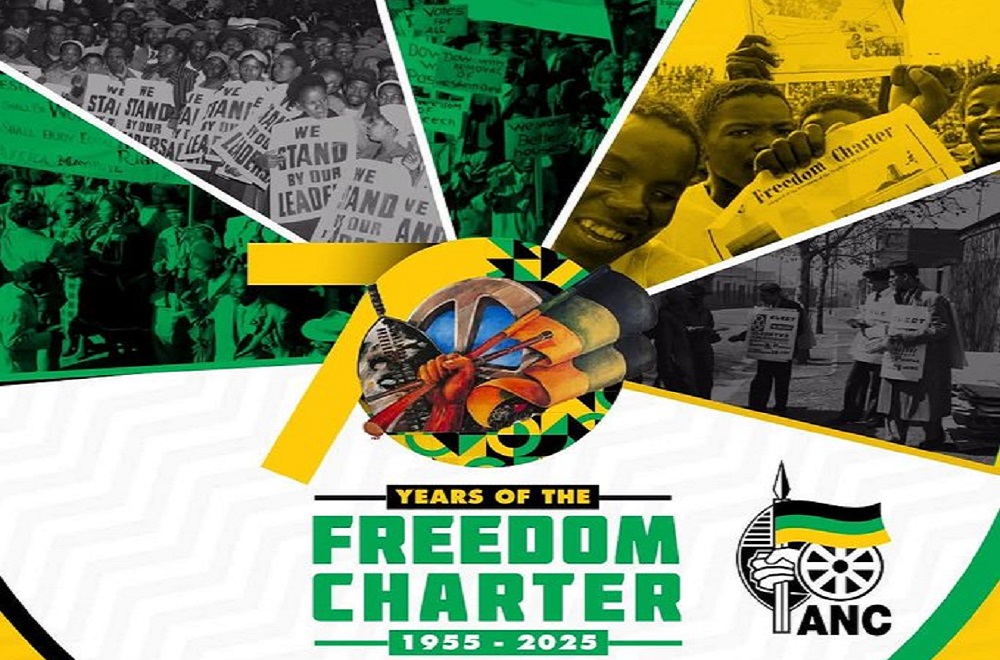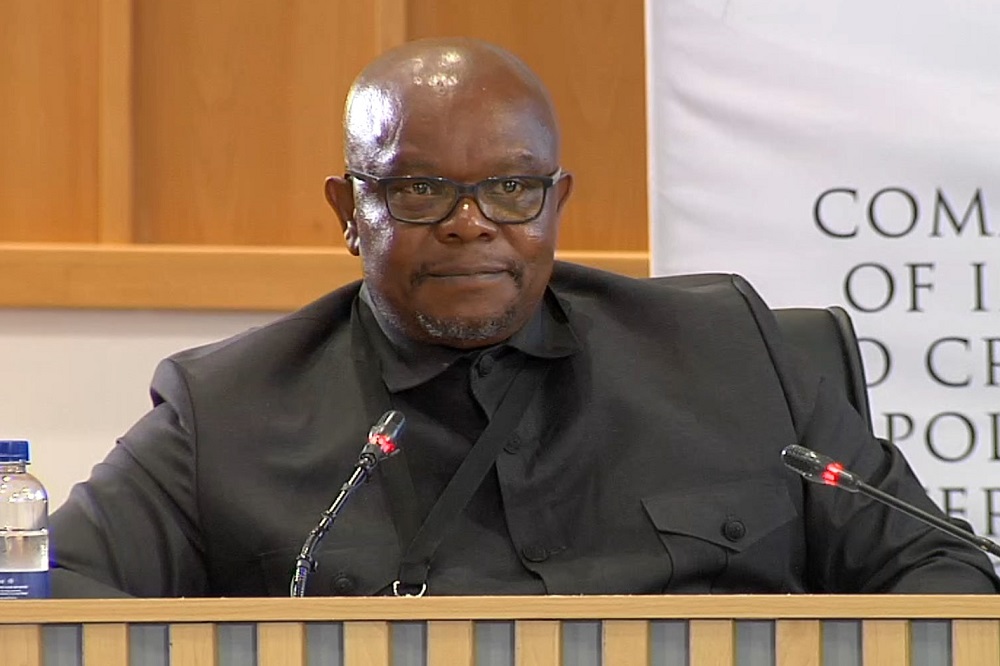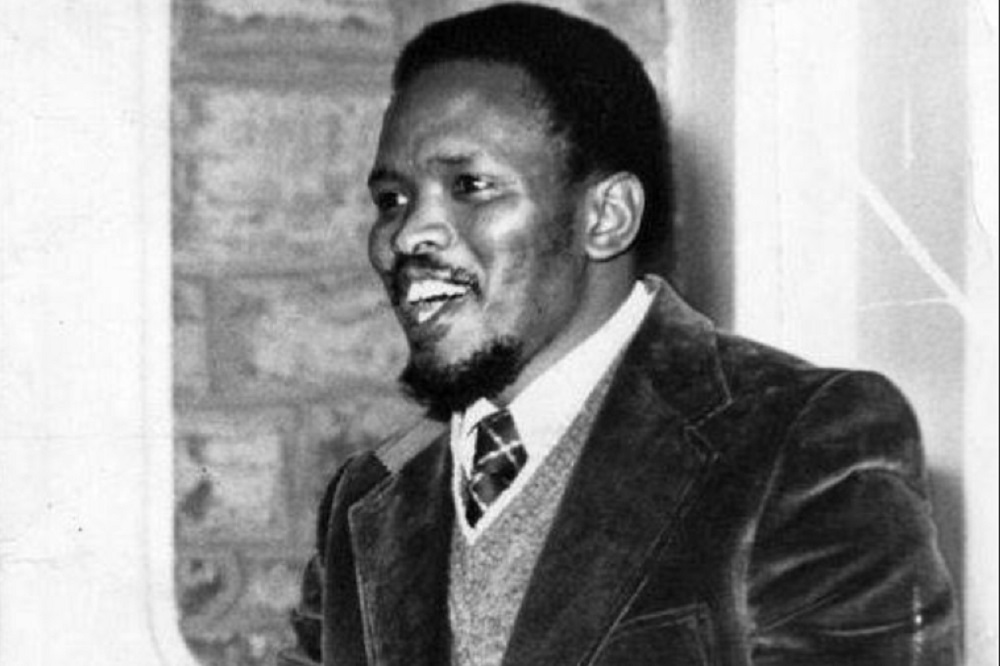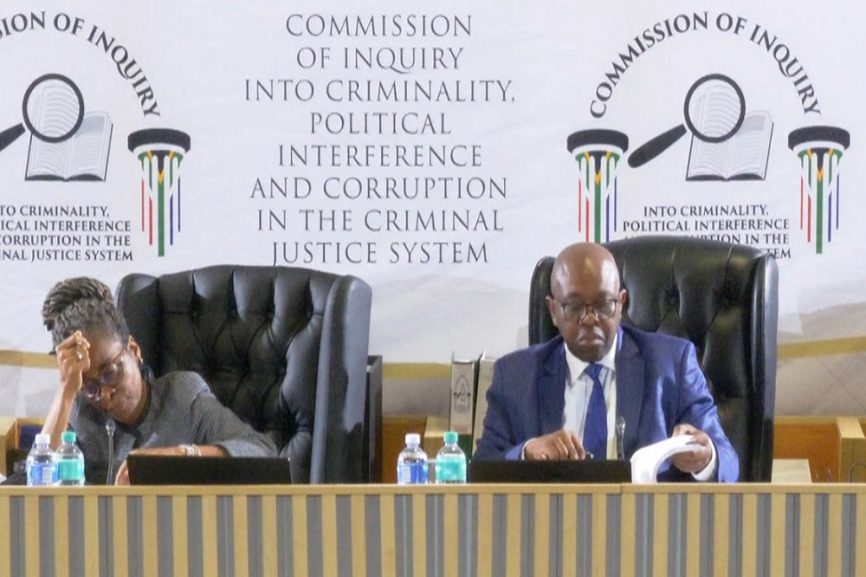The African National Congress (ANC) says eight of the ten clauses of the Freedom Charter have been fully implemented, with only two, on land redistribution and wealth ownership, still a work in progress. This comes as the country marks 70 years since the adoption of the historic document.
The Pan Africanist Congress (PAC) is the outspoken detractor of the Freedom Charter – known for its steadfast campaign for the return of land to the black majority.
The PAC has denounced as lies the fourth clause of the historic Freedom Charter, which says “The Land Shall Be Shared Among Those Who Work It”, arguing that it dilutes the principle of African ownership.
Although South Africans from all walks of life participated in the adoption of the Charter, it remains an ANC document.
Former ANC Secretary-General and now its National Chair, Gwede Mantashe, says they have managed to live up to the ideals of this historic document.
He insists that only two of its ten clauses remain a work in progress. “The clauses of the Freedom Charter are ten. Eight of those clauses and the preamble have been implemented almost fully. We have two clauses that are a work in progress, one of them is the land question, and the second one is the wealth.”
Freedom Charter anniversary observed in Kliptown
With the recent signing of the Expropriation Bill into law, current ANC Secretary-General, Fikile Mbalula, says slowly but surely, they will realise the full implementation of the ideals of the Charter.
“If you take land and wealth, we are implementing that within the framework of economic transformation. That is why we have repealed the Act of 1975 and introduced the Act of land expropriation. That, on its own, is the implementation of the Freedom Charter bit by bit. As we come back to power full swing, that program will be accelerated without negotiating with anyone, and the setback we have suffered affects the implementation and the faster implementation of the Freedom Charter,” says Mbalula.
‘It has been difficult’
However, after 30 years of freedom and with South Africa still the most unequal society in the world, Mbalula concedes that it has been difficult to see the realisation of all the clauses of the Freedom Charter.
“Of course, we are executing the full realisation of the Freedom Charter within a democratic process, which in the present moment does not favour the ANC. We have ensured that, over 30 years, a better life for all is actually finding expression in our programs because a better life for all is the full realisation of the Freedom Charter. Even in other areas that you can mention is not yet a full circle of what the Freedom Charter says.”
There’s a broad consensus that most of the objectives of the Charter have been realised, at least according to political analyst Moeletsi Mbeki.
“A lot of what the Freedom Charter wanted to achieve has been achieved. For example, the people shall govern. That is at the heart of the Freedom Charter, actually, which is democracy, and SA has a functioning democracy. We have had elections, we have lost the count and they are run professionally; all the participants are happy with the outcomes of the elections. So, in terms of the people governing the country through a democratic process has happened. All the racial laws have been removed from the books.”
With its ten clauses, which cover human rights and dignity, equality before the law and access to land and wealth ownership, among others, the Freedom Charter was a precursor to South Africa’s revered and respected constitution.
Freedom Charter’s 70th Anniversary







